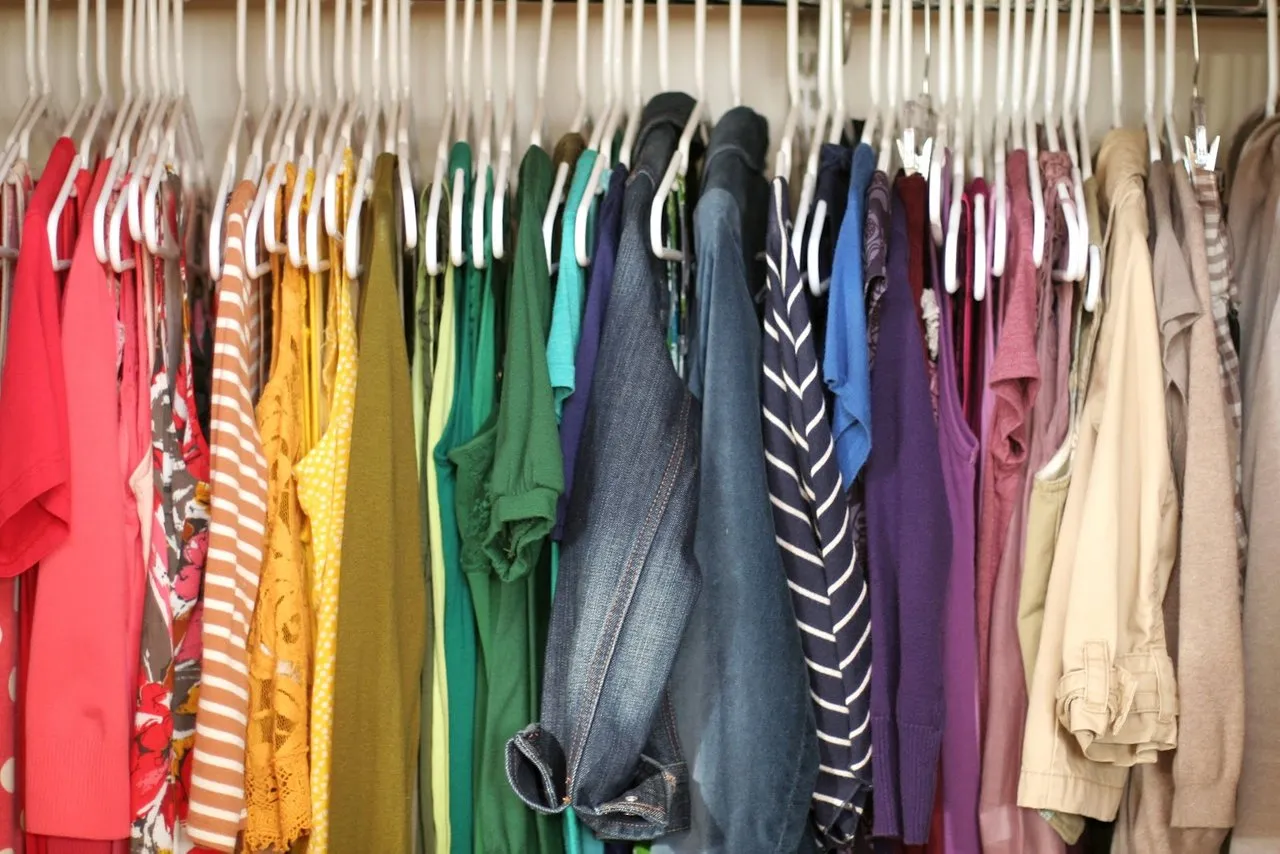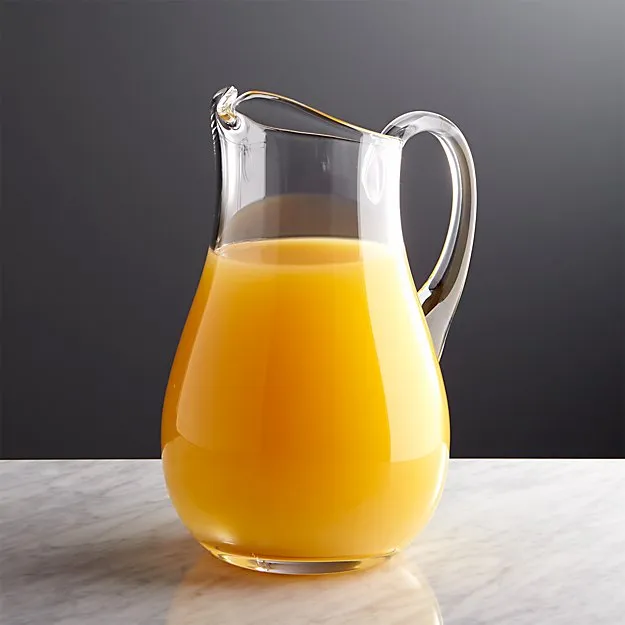Hey, Steem fam! I thought I would put this out there, in case anyone was wanting to make their English-language posts more polished, a few tips about common errors I see in people's writing. And this is NOT just for English as a second language folks; I see a lot of native speakers make some of these mistakes, too. ;) I'm not going to use proper grammar words, like "noun" and "adjective," for the sake of second-language speakers who might have to whip out a dictionary if I did. Plus, most people don't remember what a participle is, anyway!
Side note: I'm an American, so I am giving you American English rules; I don't know if in England or Australia you say "open and close the lights," and that's proper, or not. So let me know if any of these are different where you live!
Breath vs. Breathe
"Breath" is a thing word. You take a deep breath, you are out of breath, you can see your breath fog the window.
(pronounced, "breth")
"Breathe" is an action word. You breathe deeply, you are breathing hard, you need to stop and breathe.
(pronounced, "brēēthe" [one syllable])
I see people use "breath" where they should use "breathe," a lot, and I wonder if maybe that started as a borrowed-French habit, where it's supposed to be "blond" for the masculine and "blonde" for the feminine? But that's just a guess. In this case, "breath" and "breathe" are not interchangeable.
Cloth vs. Clothes
"Cloth" is the fabric that clothes are made out of, or a rag that you clean with. Clothes are the things that you wear. So your clothes are made of cloth. Saying "cloths" indicates a plural of rags, like a pile of washcloths. But if you're talking about what you put on your body, you need that "e" in there.
("cloth" pronounced "kloth," and "clothes" pronounced "klōthes" [again, one syllable])

Clothes - image from themocracy
You're vs. Your
Probably the most commonly corrected internet grammar nazi pet peeve. "You're" means "you are," while "your" is a possessive. That is your computer, your cat is cute, your post was great. But you're funny, you're smart, you're late. They're both pronounced exactly the same, which is probably why people interchange them.
(both pronounced, "yor.")
What you do with a light switch
In French, and possibly other languages, the literal English translation is that you "open" or "close" the lights when you flip the switch, which is I imagine where this one comes from, but again, that's just a guess. But in English, you should say that you "turn on" or "turn off" the lights. The French makes sense as you are opening or closing a circuit, but so does the English as the light comes on or off, so they're both logical, English just has to be different. ;)
Gender in English
English doesn't have gendered words in the same way that Spanish or French does, but I wonder if there are some languages with even less gender in them, because I see a lot of people on Steemit from certain places using gendered words interchangeably. I'm guessing that's a Google Translate issue, but if they typed in "he" or "she," why would GT flip it around? So I'm curious if I'm right that some languages don't use such words and just use a gender neutral "they" or some such equivalent instead. Can anyone who speaks Indonesian enlighten me? So, this note is just because I often see "he" and "she" or "sir" and "ma'am" used to refer to the same person, in the same paragraph.
When you're referring to a man:
he, him, sir, man, boy, his, Mr., brother, male, gentlemen, gentleman, guys, men
When you're referring to a woman:
she, her, ma'am, woman, girl, hers, Ms., Miss, Mrs., sister, female, ladies, lady, gals, womyn, women
When you want to be gender neutral:
they, them, theirs, ze, hir, Mx., gentlethem, nonbinary pals ;D (that last one totally stolen from Thomas Sanders on YouTube who says "guys, gals, and nonbinary pals")
(and if you're wondering, please use male or gender neutral for me, thanks!)
The Ms., Miss, and Mrs. for women is considered to be kinda sexist and outdated by some, but still generally used: Miss indicates a young, unmarried girl (generally don't use this once they are past teenage years). Ms. is the safe neutral bet as it can indicate a woman who is married or unmarried, and Mrs. indicates a married woman. Generally, ask what a woman prefers.
Generally, ask what pronouns (he/him, she/her, they/them, ze/hir) anyone prefers. It's just nice. :)
Also, sometimes used but sometimes frowned upon, it's kind of regional to the east coast though, some people say "guys" when referring to a crowd of both men and women (as in, "hey, you guys"). Some people don't like this, though, so you might want to be mindful of that. A gender neutral term is "y'all," which is a contraction for "you all." I grew up in New Jersey saying "guys," but then moved to Colorado where people say "y'all," and so I tend to use both, but I'm using "y'all" more nowadays.
Homophones
"Homophones" means two words that are different but are pronounced the same. Here are just a few I often see mixed up in writing:
"great" means something is fabulous; "grate" is what you do to shred a block of cheese
"picture" is a photograph or painting; "pitcher" is a thing you pour drinks out of
"hey" is what you say to greet someone or get their attention; "hay" is what horses eat

Pitcher - image from crateandbarrel
That's all I could think of for now! Do you have any English or grammar questions you'd like me to answer? Let me know in the comments! Thanks for reading! :)
Post Script
Before anyone says it, often people argue that singular they/them is not proper in English, but you already use singular they/them in English all the time:
"Oh, the mail carrier is late today. I hope they aren't stuck in the snow!"
"Hey, a customer left us a good review online. That was nice of them!"
...you're speaking about one person whose gender you don't know, so you use they or them.
Post Post Script (did you know that P.S. means "post script"?)
I thought of another English oddity: in other languages like Spanish, you ask someone "how many years do you have?" But in English, you ask "how old are you?"